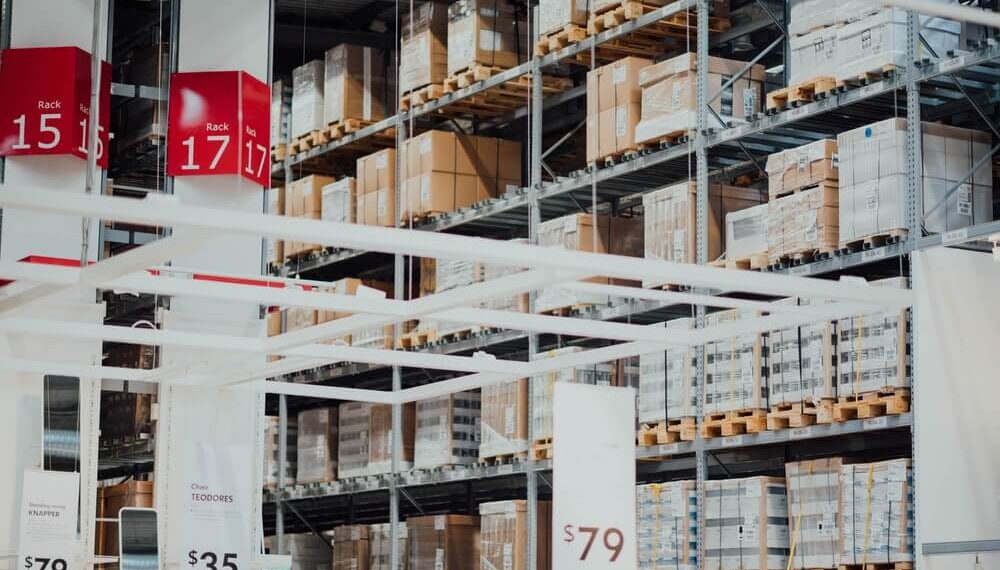For many businesses across various industries, meeting the consumer’s demand has always been tied to managing and optimizing the flow of goods and services in order to transform raw materials into final products. This is essentially what supply chain management is all about.
The end goal of effective supply chain management is to gain a competitive advantage in the market. This goal remains the same for supply chains present in various industries, like manufacturing, technology, automotive, pharmaceutical, and so on. If you operate in these (or similar) industries, you may be looking to insure your supply chain.
Supply chain insurance is a crucial part of risk management. This type of insurance protects your business when unforeseen events disrupt your supplier’s business operations through physical or non-physical damage. Contingency planning and other related risk management techniques can only take you so far. When all else fails, supply chain insurance will save your business from grave revenue loss and other costs.
In this article, we take an in-depth look into the protection you need to insure your supply chain. Let’s get started.


Table of Contents
Supply Chain Insurance: What Does It Cover?
Supply chain insurance is a specialized type of commercial insurance that protects your business from financial losses resulting from an interruption to your supply chain. With this type of insurance, you will be able to operate your business with peace of mind amidst exposures that are beyond anyone’s control.
Supply chain insurance covers revenue loss and other costs associated with the interruption of your supply chain. These interruptions can involve physical loss or damage, as well as non-physical damage events.
Supply Chain Interruptions Due to Physical Damage
The following causes, which inflict physical damage or loss of products and raw materials, are typically included in a standard supply chain insurance:
- Natural disasters, like floods, earthquakes, and volcanic eruptions;
- Severe weather conditions; and
- Fire accidents.
If the above causes result in revenue loss or other expenses for your business, supply chain insurance has you covered.
Supply Chain Interruptions Due to Non-Physical Damage Events
Non-physical damage events are those that cause business interruptions. This means that there are no physical damages or losses sustained regarding the materials or products themselves. However, the revenue loss or costs associated with the business interruption will still be covered. The following are commonly covered non-physical damage events:
- Pandemic;
- Political risks and unrest;
- Strikes;
- Military action; and
- Regulatory action.
In some cases, natural disasters may cause business interruption, delaying the delivery of products or materials without causing direct damage to the goods. This also counts as a non-physical damage event.
When the above non-physical damage events cause business interruption, which leads to lost revenue or added costs for your business, supply chain insurance has you covered, too.
Is Supply Chain Insurance Enough to Secure My Goods?
For Goods Still in Transit
As we mentioned above, getting supply chain insurance on top of other risk management strategies will strengthen the protection of your business’s supply chain. Some examples of this include:
- Diversifying the business’s supplier network;
- Conducting full assessments of suppliers to identify their risks;
- Establishing a crisis management team in case of disruption; and
- Making use of a software solution that gives complete and instant visibility of the supply chain.
Even with these added measures, supply chain interruptions can still happen and lead to lost revenue and other additional costs. This is why it’s best to complement the above strategies with this type of insurance.
For Goods That Have Already Reached Your Premises
When it comes to securing goods or inventory that have already reached your business premises, you will need commercial property insurance. This type of insurance does not only cover damage to the commercial property but also the materials/products therein.
Do I Need Supply Chain Insurance?
Whether your business relies on the operations of various suppliers or on a limited number of key suppliers, supply chain insurance will give you the protection you need against supply chain disruptions that are beyond anyone’s control.
As a general rule, the more limited your supplier pool is, the more you need to have supply chain insurance. In the event that a key supplier’s operations are disrupted, your business can face debilitating revenue losses or other added costs.
Typically businesses under the following industries (or similar ones) are in need of supply chain insurance: Manufacturing, retail, pharmaceutical, technology, and automotive.
The First Step For You to Insure Your Supply Chain
If you’re looking to insure your supply chain, the first step would be to choose a trusted insurance brokerage firm or an insurance provider who can assess the unique risks faced by your business and give you actionable, customized recommendations.

